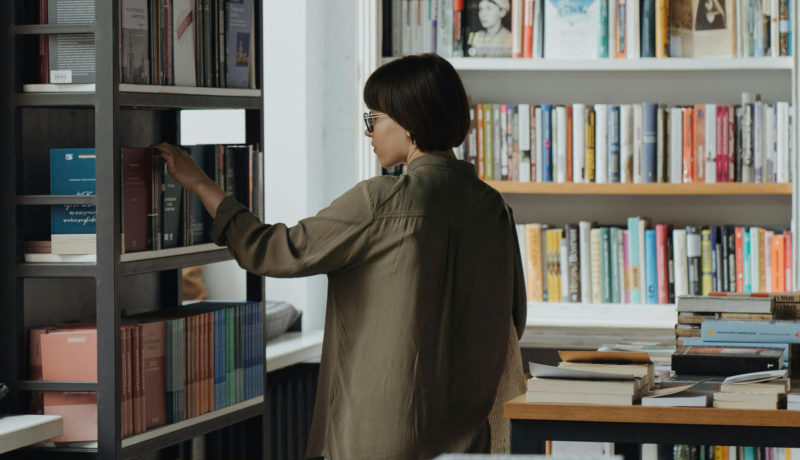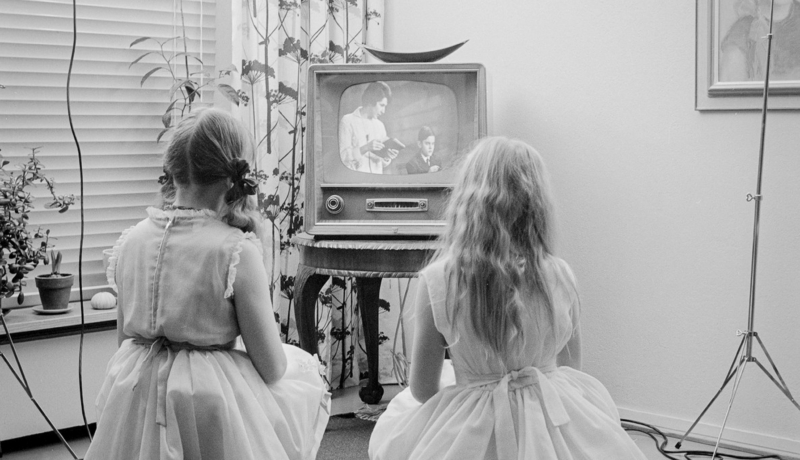Open education
Vision
Open education, the way Centrum Cyfrowe understands it, is education available to everyone, adaptive to various groups of learners, allowing people to learn and teach according to their own needs and intuitions, encouraging experimentation and creativity. Openness should be a source of support for the teachers, but also give students or parents easier access to materials.
Centrum Cyfrowe’s open education is based on a core value of cooperation. That’s what we need for teachers or resource creators to get support in their work and for students to feel like they are an important part of the system. Openness is also about engaging the participants of the education process and making education available to everyone, regardless of their economic status or any disabilities. If the teachers, school principals or public officers wish to do so, they can also get the parents, local community or experts involved.
What helps to build open education is information and communications technologies, which are one of the key drivers of change in schools. Teacher competences, technological infrastructure and adjustments of legal regulations are therefore necessary. Another crucial element of the open education concept is the assumption that educational resources should be free. Accepting openness as a core concept in school is also necessary to fully use the potential of ICT in education.
Open educational resources can be used, modified and shared freely. Ensuring their legal, technological and economic openness mets many demands of modern education: it encourages teachers to create and share materials, stimulates the learners and builds relationships. It also means savings and increasing accessibility. Openness can influence the work of not only single teachers, but also the whole education system.
Open educational resources
Open educational resources can be used, modified and shared freely. Ensuring their legal, technological and economic openness mets many demands of modern education: it encourages teachers to create and share materials, stimulates the learners and builds relationships. It also means savings and increasing accessibility. Openness can influence the work of not only single teachers, but also the whole education system.
Key concepts
In modern education the traditional model in which the teacher has absolute authority in the classroom is giving way to building student autonomy and their responsibility for learning, agency and subjectivity. Our fast-changing reality also means that we don’t stop learning once we leave the school building. We continue it on our own or in informal groups, for professional purposes or just for our own development, in order to understand the new phenomenons occurring in the world around us. Openness changes education practices: the learner is the center of attention; there is also an emphasis on group work and personalizing instruction, which allows learners to create their own path of development and their own educational resources. But of course, the openness of resources itself is not enough to unconditionally bring about these changes It needs to be followed by increasing the competences of users (both teachers and students), providing appropriate access to content (such as a school computer with an internet connection), and a good atmosphere and general social acceptance of open creation and free sharing, learning from each other and carefully observing reality.
Activities
‚ÄúSpoŇāEd‚ÄĚ Open Education Cooperative. A space for teachers to freely exchange knowledge and skills, gain new experiences together and meet people who can help them introduce changes to teaching. As part of the cooperative’s activities we have developed a method of creating open educational resources. We use it during our workshops and for our online course.
Training. We believe that openness means people, which is why, since the very beginning of Centrum Cyfrowe’s activity, we have been organizing workshops and training sessions for students, teachers, educators, culture and science institution employees and policymakers.
Right to education. We also support the creation of regulations and systemic solutions that encourage openness in education. Since 2004 we have been promoting Creative Commons licenses as a legal tool for opening public educational resources. We also support other actions for making copyright education-friendly.
KOED. Since 2008, we have been co-creating the Open Education Coalition, conducting advocacy activities for openness.
International activities. For the last several years we have been involved in advocacy at the international level by creating organization and expert networks. That’s why we are building the OPEN network and organizing the annual Open Education Policy Forum.



